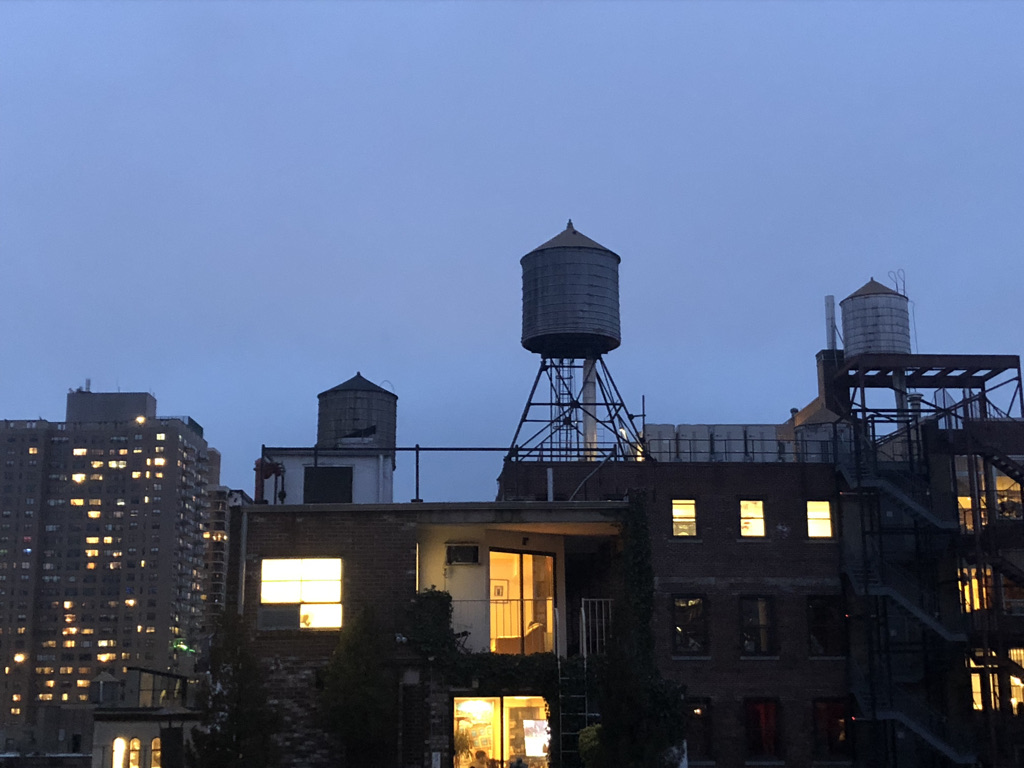Artists often wonder about “doing too much.” A painter might have the habit of second guessing and adding just another and then another and then another touch of paint until the original lines—the actual strokes of genius with a brush—are buried and blurred in second thoughts. One too many chips in that piece of marble and instead of getting the perfect profile, the subject might lose his nose! I know I’m being silly right now, but there’s a little bit of serious business buried in my over-painted, over-carved, meandering analogy.
How do you know how to end a story?
Sometimes a short story grows into a novella before the END arrives, but most of the time there’s a natural stopping point. Regardless of length, the characters learn and grow; the mystery is solved; the romance begins (or ends); the protagonist dies; the plane takes off; the sun sets; and it’s THE END.
And then there are the pandemic stories… written about and set inside the pandemic experience, these stories may drive the characters into endless, internal loops. Somewhere along the line—the storyteller must free them from that cycle. But other stories—ones I’ve written during my personal pandemic that are set in the PRE (or imagined normal POST) pandemic world somehow reflect an odd, yawning sense of time being open ended. The end is always ‘nigh but never seems to get there.
I’ve been working on a story that either has no ending or too many endings. I’m growing infuriated with the characters and with myself. The characters seem to be circling a conclusion and then backing away from it. I know it’s my fault, but…
In my story, one character recalls an incident from his distant past. He tells this improbable story to a writer as they sit at a bar. The proposed point of the story—what he believes is the point of the story—is not how she understands the tale. They are from different generations and their perspectives on any given set of facts differ. She listens to his recollection wavering on the cusp between indulging an old raconteur and wanting to challenge the veracity of what he assures her is a true but improbable series of events.
When his story ends, he expects her to applaud the improbability. He expects THE END to be fully in his control, but it’s not. Now I’m wondering about my control of the end of the story. Thoughts?






I can’t speak for other writers, but for me, an elusive end is usually a sign that something is wrong. There should be a natural ending, but it’s not the one that I keep trying to create. Eventually I give in and ‘allow’ it to happen and suddenly, it’s obvious the story could not end in any other way.
My suggestion? Write out the other possible endings, even the ones you really, really don’t want to have. 🙂
I wrote one that speaks to the ambivalence of the characters. Will read the story in a few weeks and see if it works. Wrapping it up neatly wasn’t an option with this story and these characters. THAT was my conclusion. This was a little before I got sick, so I’ll look at it soon and find out if I got to THE END or if I need to write a few more endings… (sigh) nothing is easy…